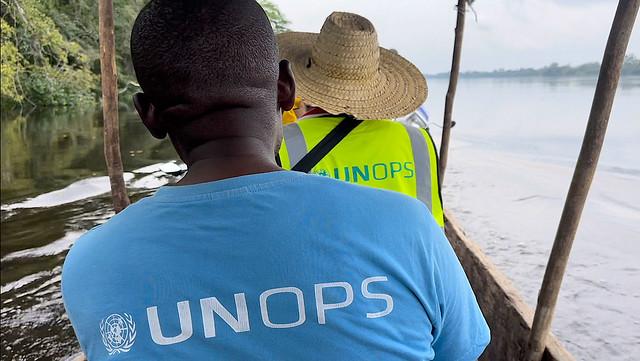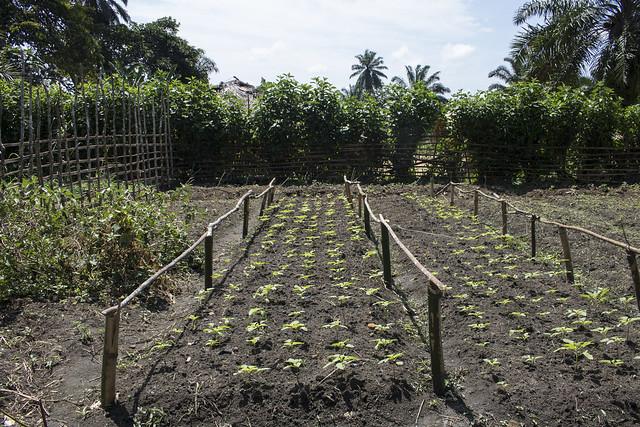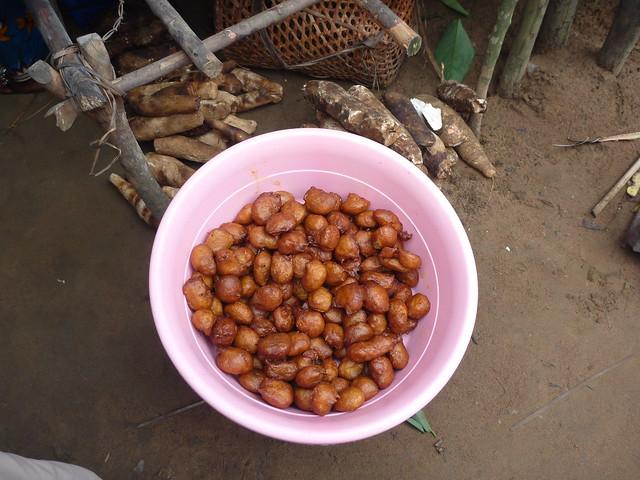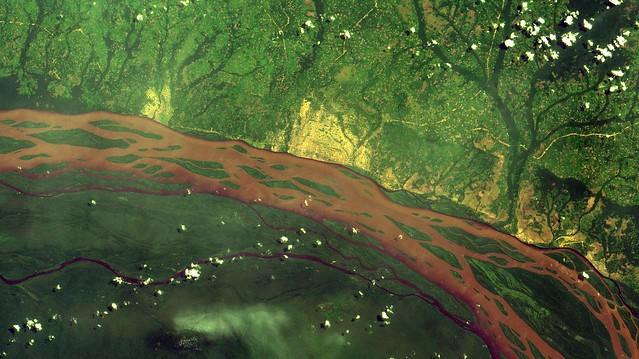Mongala
Overview
Overview of Mongala, Democratic Republic of the Congo
Mongala is one of the provinces in the Democratic Republic of the Congo, located in the northern part of the country. This region is renowned for its lush rainforests and the majestic Congo River, which plays a central role in the daily lives of the local communities. The culture in Mongala is vibrant and deeply rooted in traditions and rituals, with music and dance being integral aspects of communal gatherings and celebrations. The province is less urbanized compared to others, offering a unique glimpse into the rural life of the Congo Basin and the opportunity to learn about the indigenous ways of life that have been preserved over the centuries.
Best Time to Visit and Activities
The best time to visit Mongala is during the dry season, which spans from May to September. During these months, the weather is more favorable for traveling as the roads are more navigable and the risk of malaria is slightly reduced. This period is ideal for engaging in outdoor activities such as river excursions on the Congo River, where you can witness the incredible biodiversity of the area. Bird watching and nature walks are also popular, as the lush surroundings come alive with various species of flora and fauna. Cultural festivals are often held during this time, offering travelers a chance to experience the local traditions and customs firsthand.
Preparation for Travel
Traveling to Mongala requires thorough preparation to ensure a safe and enjoyable experience. Firstly, it is essential to be up to date with vaccinations; consult a travel health clinic for advice on vaccinations against yellow fever, typhoid, and other regional diseases. Malaria prophylaxis is strongly recommended due to the high prevalence in the region. Packing should include light, breathable clothing for the humid weather, along with a sturdy pair of shoes for trekking. Additionally, insect repellent, a basic first aid kit, and any necessary personal medication should be carried. Since English and French are commonly spoken in urban areas, learning a few basic phrases in French can help in communication. Lastly, always check travel advisories and ensure you have the necessary visas and travel documents for entry into the Democratic Republic of the Congo.
How It Becomes to This
History not available
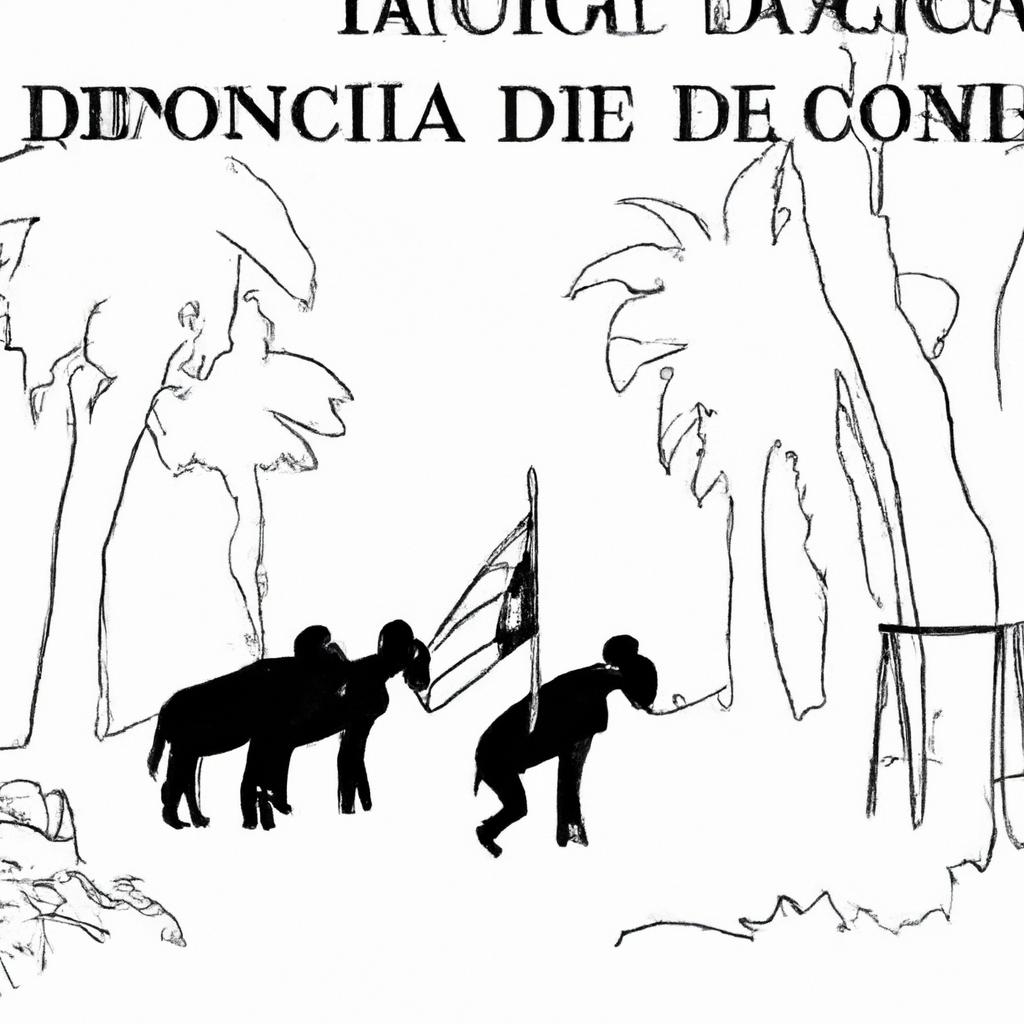
You May Like
Explore other interesting states in Democratic Republic of the Congo
Discover More Area
Delve into more destinations within this state and uncover hidden gems.


